When a Grandparent Dies
Autor Nechama Liss-Levinson, Karen Savaryen Limba Engleză Paperback – vârsta de la 3 până la 8 ani
| Toate formatele și edițiile | Preț | Express |
|---|---|---|
| Paperback (1) | 81.22 lei 3-5 săpt. | |
| – | 81.22 lei 3-5 săpt. | |
| Hardback (1) | 121.85 lei 3-5 săpt. | |
| Jewish Lights Publishing – 31 mai 1995 | 121.85 lei 3-5 săpt. |
Preț: 81.22 lei
Nou
Puncte Express: 122
Preț estimativ în valută:
15.54€ • 16.27$ • 12.86£
15.54€ • 16.27$ • 12.86£
Carte disponibilă
Livrare economică 15-29 martie
Preluare comenzi: 021 569.72.76
Specificații
ISBN-13: 9781683364887
ISBN-10: 1683364880
Pagini: 48
Greutate: 0.12 kg
ISBN-10: 1683364880
Pagini: 48
Greutate: 0.12 kg
Notă biografică
Nechama Liss-Levinson, PhD, is a psychologist and psychoanalyst in private practice and author of When a Grandparent Dies: A Kid's Own Remembering Workbook for Dealing with Shiva and the Year Beyond; Talking to Children about Death; and Remembering My Pet: A Kid's Own Spiritual Workbook for When a Pet Dies, as well as many articles on developmental milestones in the Jewish family, and the emotional impact of death and illness on children and adults. She lives on Long Island, New York, with her husband and two daughters.
Nechama Liss-Levinson PhD is available to speak on the following topics:
- Musings, Milestones and Mayhem at Midlife
- Not Your Bubby's Bubby: Being a Modern Jewish Grandmother
- Talking to Children about Death
- When a Grandparent Dies: Helping the Whole Family to Cope
- Whose Bat Mitzvah Is It Anyway? Coming of Age and Coming Together
Descriere
Descriere de la o altă ediție sau format:
This workbook helps children to participate in the process of mourning, and overcome the awkwardness that often accompanies their participation in grieving rituals. Drawing insights from both psychology and Jewish tradition, it offers children guided exercises, rituals, and places to write, draw, list, create and express their feelings.
This workbook helps children to participate in the process of mourning, and overcome the awkwardness that often accompanies their participation in grieving rituals. Drawing insights from both psychology and Jewish tradition, it offers children guided exercises, rituals, and places to write, draw, list, create and express their feelings.
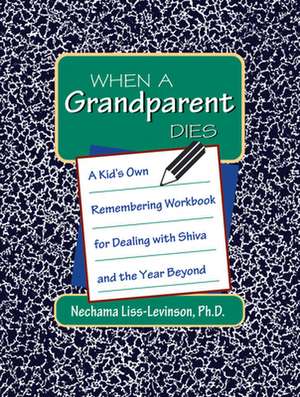
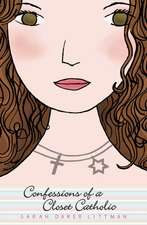
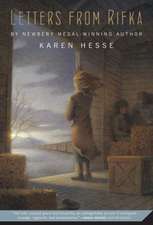
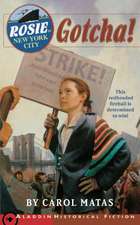
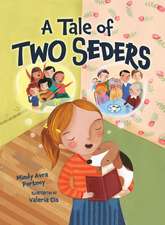




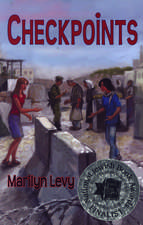
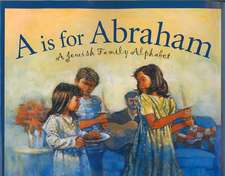
![The Guide for the Perplexed [Unabridged]: The Autobiography of Nikola Tesla](https://i1.books-express.ro/bt/9789562914314/the-guide-for-the-perplexed-unabridged.jpg)
